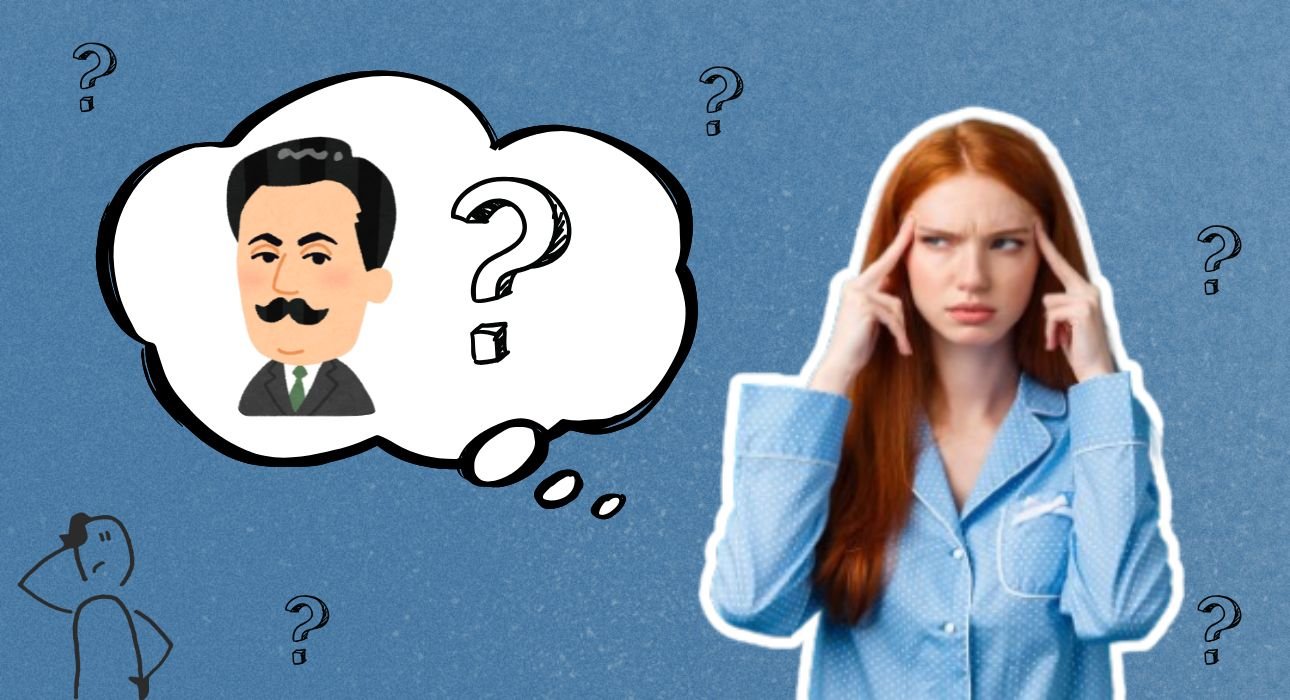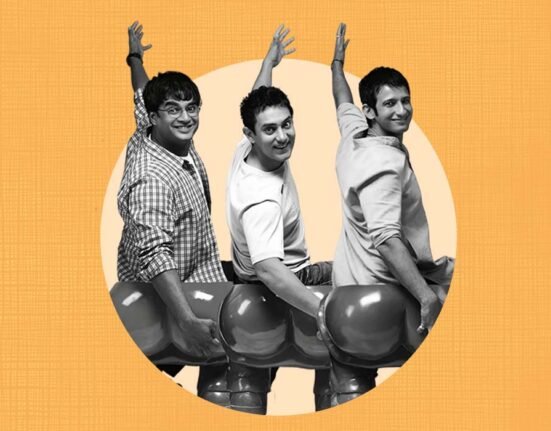At your nephew’s birthday, he’s beaming, cheeks puffed, ready to blow out the candles on a cake topped with his favourite superhero cape, muscles, everything—the family cheers. The room glows. Someone turns to you and asks, “What’s his name again?”
And just like that, your mind goes silent.
You’re familiar with everything about this guy—the red cape, the ice fortress, and the fact that he wears spectacles when pretending to be regular. You can see the “S” logo as clearly as day in your head. But what exactly is his name? Gone. “You know, that superhero,” you say, gesturing at the cake. “The powerful one who flies around. He’s got that little curl thing in his hair…”
Everyone’s looking at you like you’ve completely lost it. The name sits RIGHT THERE, just behind your eyeballs somewhere, but you might as well try to catch smoke with your bare hands. Twenty minutes later, you’re picking up wrapping paper and BAM—”Superman.” The thought occurs to you, “Oh hey, here’s that thing you were looking for.”
Congratulations, you’ve just had a firsthand encounter with the “tip-of-the-tongue” phenomenon!
Everyone Gets Stuck Sometimes
This isn’t some modern problem caused by phones melting our brains. Back in 1966, Harvard researchers Roger Brown and David McNeill studied this brain hiccup. They published their findings in the Journal of Verbal Learning and Verbal Behaviour. They found that during tip-of-the-tongue states, people retain partial information about the target word even when they can’t recall it completely. They discovered that participants could often identify the word’s first letter, number of syllables, and stress pattern, with accuracy increasing as they got closer to successful recall. (Brown & McNeill, 1966)
Your Brain Hits a Speed Bump
Consider your memory to be a huge, haphazard library. A search team is sent by your brain to locate the appropriate book when you need to recall anything. Sometimes they reach the correct section but return with nothing. “We found everything except the actual book. Sorry.”
And here’s the weird part: your brain often remembers everything but the word. You’ll recall it starts with “A,” has three syllables, sounds Italian, the waiter had a moustache—everything except the name.
Scientists believe this happens because your brain stores parts of memory in different places. Words, sounds, meanings, and appearances all inhabit different neighbourhoods. These domains typically communicate well, but occasionally they cross boundaries, leaving you wondering, “Why can’t I say this word?”
Retrieval Failure
The science behind TOT moments comes down to retrieval failure. Your brain has two main systems: semantic memory (word meanings) and phonological memory (word sounds). In TOT moments, your semantic system finds the meaning, but your phonological system can’t access the sound. It’s like knowing the plot of a song but forgetting the tune.
Why Stress Makes It Worse
Of course, your brain decides to play hide-and-seek with words at the absolute worst times— right when you’re trying to impress someone on a first date, nailing that important interview, or making a good impression on your partner’s parents. And it becomes more difficult the more you panic. Your mind loses all of its lines due to stage fright.
Your brain switches to emergency mode when you are under stress. We may have to flee from a bear, so forget the fancy term!” Helpful in the wild. Not so much at an office party. The most annoying part? The word always comes back later, usually when you’ve stopped trying. Half the time it’s while brushing your teeth or falling asleep: “Oh hey, that actor’s name was Benedict Cumberbatch. You’re welcome.”
What Ageing Does
Do these blanks get worse with age? Yes, but not because older people forget more. Their brain’s search just slows down. It’s like having a super-knowledgeable librarian who walks a bit slower between shelves. Plus, older adults simply have more memories packed in. If you’re 25 and can’t remember that Italian place from last month, fine. But if you’re 55 and trying to recall which of the dozens had that amazing tiramisu? That’s harder.
The key: occasional word blanks with otherwise clear thinking = normal ageing. Confusion about basic tasks? Consider seeing a doctor.
We’re All in This Together
There’s something comforting about TOT moments. They serve as a reminder that even our amazing brains, which are able to compose music, solve mathematical problems, and fall in love, can have glitches. And that’s all right. Remember that your brain isn’t failing the next time you’re reaching for a term that’s just out of reach. It’s simply being human, perfectly flawed. That word will come back—maybe in five minutes, in the shower tomorrow morning—and when it does, you’ll get that satisfying “aha!”.
Until then? Embrace the pause. Laugh at the weirdness of almost remembering. And know that somewhere, someone else is standing in their kitchen at 2 AM, suddenly remembering their third-grade teacher’s name. We’re all fumbling through life with these wonderfully imperfect brains—and honestly? That’s pretty beautiful.
Read More: “I swear, My Tongue Slipped!!”: Decoding the Concept of Freudian Slips
FAQs
1. Why does the “tip-of-the-tongue” phenomenon happen in the first place?
The TOT phenomenon occurs when your brain successfully retrieves the meaning of a word (semantic memory) but struggles to access its sound or pronunciation (phonological memory). It’s like knowing the answer but losing the label. This disconnect often happens because these memory components are stored in different parts of the brain and don’t always “sync up” perfectly.
2. Does the frequency of TOT moments increase with age?
Yes, TOT experiences tend to increase with age, but not necessarily because of memory loss. As we age, retrieval can take a bit longer, like a well-stocked library with a slower librarian. The search systems in older brains may lag a bit, especially with rarely used or low-frequency words. However, if word-finding difficulties interfere with basic communication or daily function, it may warrant further evaluation.
3. Can stress or anxiety cause more tip-of-the-tongue moments?
Absolutely. Stress activates the brain’s fight-or-flight system, which shifts resources away from non-essential functions—like recalling obscure names—and toward survival. So, when you’re nervous or under pressure, you may experience more TOTs because your brain prioritises “alertness” over “perfect recall.”
4. Is there anything I can do to reduce TOT experiences?
While TOTs are normal, you can reduce their frequency by keeping your brain active. Reading regularly, engaging in conversations, learning new words, and practising mindfulness can improve recall. If you forget a word, don’t force it—take a break. Often, the word pops up when you’re relaxed and not trying too hard.
References +
- Brown, R., & McNeill, D. (1966). The “tip of the tongue” phenomenon. Journal of Verbal Learning and Verbal Behavior, 5(4), 325–337. https://doi.org/10.1016/s0022-5371(66)80040-3
- Burke, D. M., MacKay, D. G., Worthley, J. S., & Wade, E. (1991). On the tip of the tongue: What causes word finding failures in young and older adults? Journal of Memory and Language, 30(5), 542–579. https://doi.org/10.1016/0749-596x(91)90026-g
- Facal, D., Juncos-Rabadán, O., Álvarez, M., & Pereiro, A. X. (2025). Mnemonic factors associated with the tip-of-the-tongue phenomenon. Scientific Reports, 15, Article 1089. https://doi.org/10.1038/s41598-024-84133-6
- Schwartz, B. L. (1999). Sparkling at the end of the tongue: The etiology of tip-of-the-tongue phenomenology. Psychonomic Bulletin & Review, 6(3), 379–393. https://doi.org/10.3758/bf03210827
- Verywell Mind. (n.d.). Why does the tip-of-the-tongue phenomenon happen? Retrieved from https://www.verywellmind.com/lethologica-tip-of-the-tongue-phenomenon-4154947













Leave feedback about this